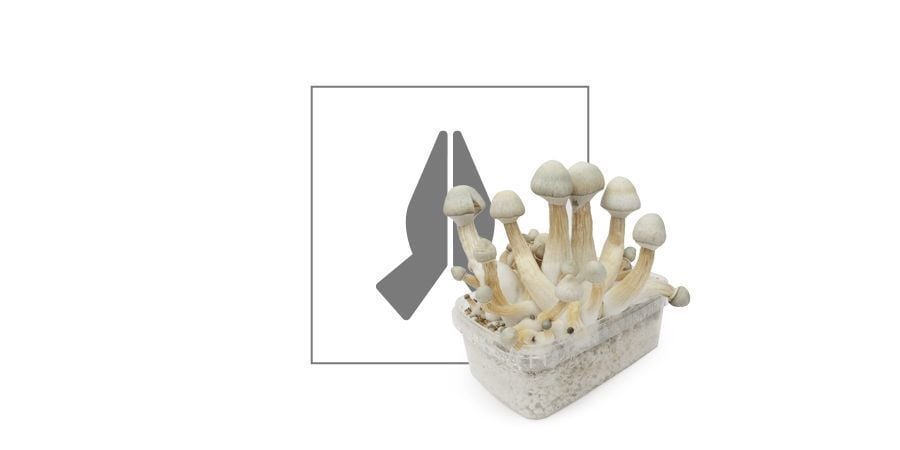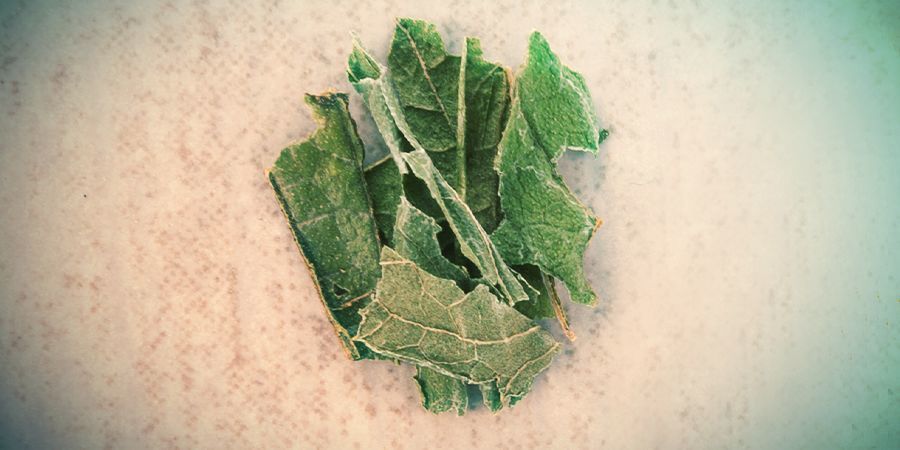What Are Entheogens?
Entheogens are psychoactive drugs that have traditionally been used for spiritual journeys and personal or community development. They have a long history of use in tribal religion and spiritualism around the world.
WHAT ARE ENTHEOGENS?
An entheogen is a category of psychoactive drug that is capable of inducing a spiritual experience aimed at personal development. The term is often used to contrast the recreational use of the same drugs.
The term is derived from two Ancient Greek words, ἔνθεος (éntheos) and γενέσθαι (genésthai). The Greeks used it as a form of praise for poets and artists. The first part of the word, éntheos, translates to English as “inspired” or “possessed”, and is the root of the word “enthusiasm”. The second half of the word, genésthai, means “to come into being”. Thus, entheogen refers to a drug that causes someone to become inspired and motivated to experience feelings of insight and inspiration, usually within a religious or spiritual context.
The religious, spiritual, or shamanic significance of entheogens has been well-established in anthropology. Entheogens have traditionally been used to supplement a wide range of practices intended to achieve transcendence. This includes practices such as meditation, yoga, prayer, rituals, hymns, chanting, drumming, divination, sensory deprivation, and black and white magic. The hippie movement of the 1960s adopted the practice and applied it to uses such as psychedelic art, music, raves, binaural beats, and sensory deprivation tanks.
The term was coined as an anthropological replacement for the terms hallucinogen and psychedelic. The distinction was made due to the feeling that hallucinogen was an inappropriate term because of its associations with insanity and delirium. Similarly, the term psychedelic had also fallen into disrepute due to its association with 1960s counterculture. As such, entheogen was chosen as a more appropriate substitute for these terms.
A BRIEF HISTORY OF PSILOCYBIN AND WESTERN RECOGNITION OF ENTHEOGENS
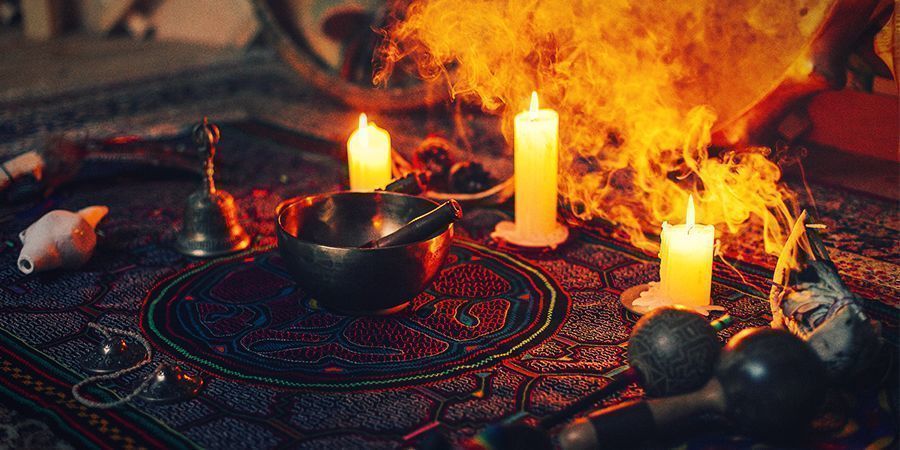
History suggests that psilocybin has been used in a variety of cultures for thousands of years. However, the modern world first learned of it in the 1950s when two Americans, Gordon Wasson and Allan Richardson, travelled to Mexico in search of a magical mushroom. The two first travelled to Oaxaca, Mexico, where they met a shaman from the Mazatec tribe who introduced them to the mushroom. Thanks to the shaman’s friendliness and openness, the two Americans became some of the first Westerners to participate in a sacred Mazatec ritual called the Velada.
Wasson’s account of their experience was published in Time Magazine in 1957. The piece went on to inspire people like Timothy Leary and others to travel to Mexico in search of the psilocybin mushroom. The article's popularity led to a barrage of hippies, tourists, and celebrities travelling to the Mazatec city of Huautla de Jimenez. As a result, the Mazatec shaman who shared the secret of the mushroom was shunned by her community. To this day, she is seen as a controversial figure in Mexican history.
The Mazatec tribe had long used visual entheogens like psilocybin mushrooms and Salvia divinorum in many of their most sacred rituals. These substances were used to communicate with spirits, obtain divine information, and to directly experience the divine. The introduction of this knowledge to the Western world triggered a psychedelic revolution that significantly contributed to popular culture. Many purists did not see the value in using these drugs recreationally. However, many individuals have experienced profound, life-changing experiences thanks to their introduction into the Western world.
CURRENT CULTURAL USE AROUND THE WORLD
In the West, the idea of a “drug culture” is closely tied to negative connotations such as poverty, crime, and broken communities. However, other cultures have made use of drugs as spiritual vehicles. Here are some entheogens that contribute to drug cultures around the world.
MAGIC MUSHROOMS
Many types of magic mushrooms, psilocybin mushrooms, or simply “shrooms” originate from the Oaxaca region of Mexico. They were used by the Mazatec people for thousands of years before being introduced to the Western world. Mushrooms have become one of the most popular recreational drugs in the world due to their psychological and spiritual properties. The hallucinatory effects are expected to open the mind to compassion and empathy, both for the self and the world.
IBOGA
The iboga plant is native to Gabon, an equatorial country in central Africa about the size of Colorado. It is aesthetically and nutritionally unremarkable, however, it is worshipped by local tribes like the Babongo. The Babongo have formed a religion called Bwiti, created around the bark of the plant. Followers of the religion eat the psychedelic bark of the iboga plant for individual growth and community identification and solidarity. The plant is revered for its intense waking-dream and closed-eye hallucinations.
KAVA
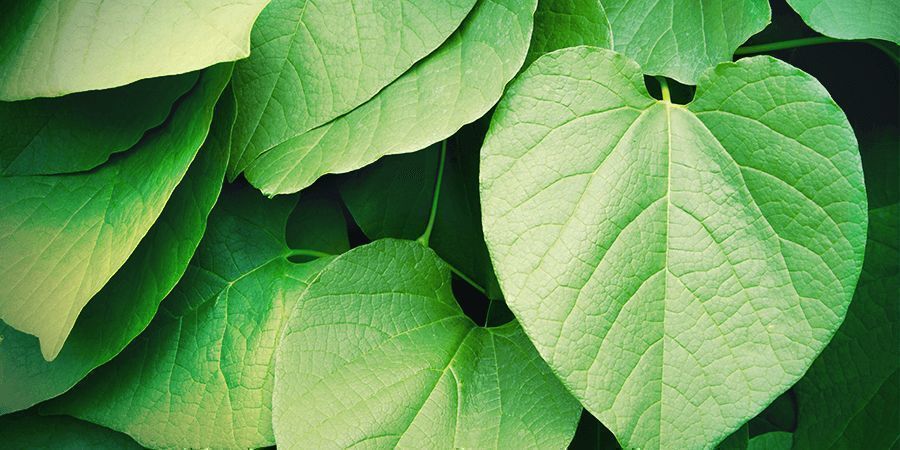
Kava is an entheogenic plant that is well-known in Pacific Islands such as Hawaii and Fiji. Its mellow, calming properties made it an essential part of the Polynesian way of life, in both social and sacred contexts. It is believed to be a spiritual messenger between people and the spirit force. The leaves of the kava plant can be chewed fresh, or dried and crushed. It can also be mixed into an opaque, thick, milky drink. It is said to instil a euphoric sense of tranquility while allowing the mind to remain sharp. Kava is the only entheogen that is legal within the United States.
PEYOTE
Peyote has been traditionally found in the regions of Northeastern Mexico and South Texas. The peyote cactus is widely known for containing the hallucinogen mescaline. Peyote has been a centrepiece of Native American rituals for over 5,000 years. For 10–12 hours, hallucinations are accompanied by occasional vomiting for beginners. In Native American culture, the dried cactus was traditionally consumed during a communal ceremony composed of shamanistic guidance and peyote songs. It is also said that you don’t take the peyote—the peyote takes you.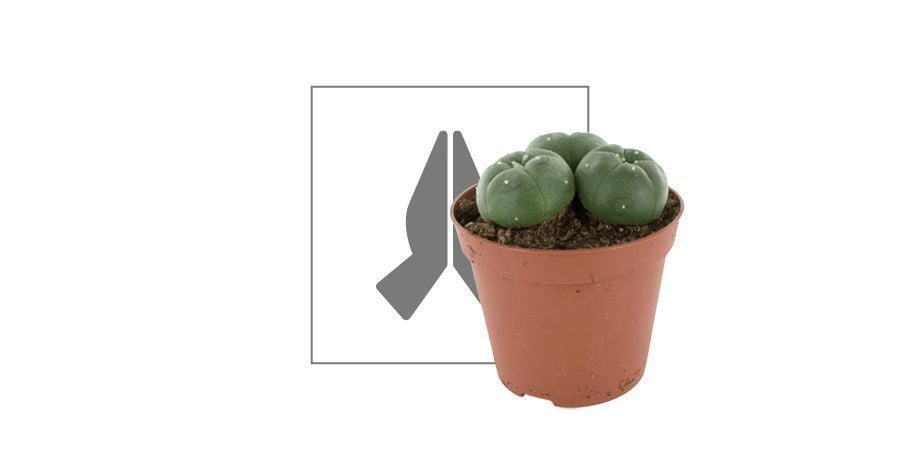
View Product
UNDERGROUND USE AND WHAT YOU SHOULD KNOW
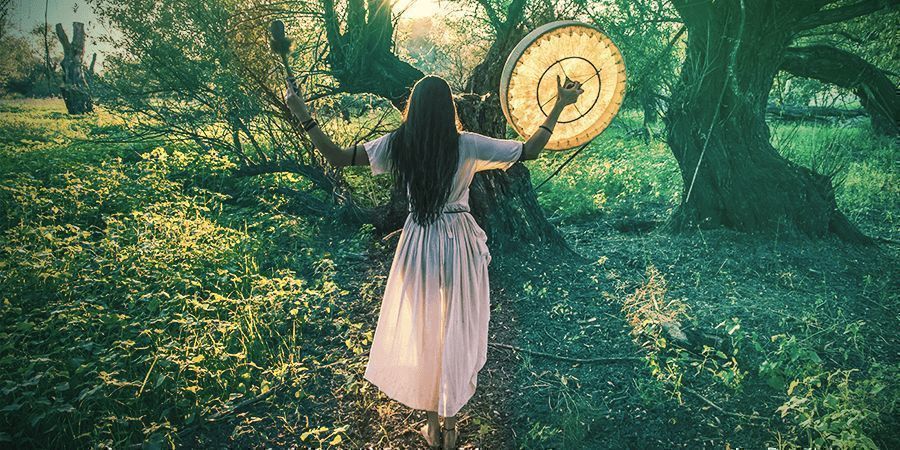
When it comes to the underground use of entheogens, there are some things to keep in mind. The fact that entheogens are illegal substances means that people should be aware of possible dangers that can exist in any unregulated or underground environment.
If participating in a ceremony or being guided by a shaman, make sure that the shaman is safe and legitimate. While ceremonies or rituals involving entheogens have great potential for healing, there also exists the potential for harm. Proper and appropriate precautions should be taken to ensure that the guiding shaman will not abuse their power.
Moreover, before embarking on an intense spiritual journey with an entheogen, one should ensure that their guide is knowledgeable. Sometimes, the entheogenic mixtures prepared by shamans contain a variety of different traditional ingredients for different purposes. It is important that your shaman knows exactly what is in the mixture, and exactly what its expected effects are. Inexperienced shamans or charlatans are more than capable of making mistakes that can make you sick—or worse.
It is also important for people to properly prepare for their trip. Much work can be done beforehand so as to ensure the completeness and enjoyment of your experience. Consider the state of your mind and life, and what might pop into your mind during your trip. Where are you at in your life? What are some challenges you are currently facing? How might these things manifest themselves during your trip? Carefully considering these questions can help you to better manage any issues should they occur.
Lastly, make sure that you are accompanied by somebody that you trust and feel comfortable talking openly to. Journeys to the other side of consciousness are complex endeavours that can sometimes result in unexpected discoveries or developments. It is important to have somebody around who is capable of helping you understand and relate to these things in a calm, positive, and mindful manner.
-
 9 min
19 April 2019
How To Prepare For A Safe Psychedelic Trip?
Here at Zamnesia, we want to make sure you have a good trip on your first plummet down the rabbit hole. Follow these guidelines whether you just want to giggle uncontrollably for a while or give...
9 min
19 April 2019
How To Prepare For A Safe Psychedelic Trip?
Here at Zamnesia, we want to make sure you have a good trip on your first plummet down the rabbit hole. Follow these guidelines whether you just want to giggle uncontrollably for a while or give...
-
 4 min
19 February 2019
Top 10 Entheogens
These entheogens are the most popular and widely used in today's day and age. Explore this transcendental list.
4 min
19 February 2019
Top 10 Entheogens
These entheogens are the most popular and widely used in today's day and age. Explore this transcendental list.
-
 4 min
5 February 2019
9 (Legal) Drugs That Will Induce a Psychedelic Trip
While most psychedelic substances are considered illegal in many countries, there are a few that buck the trend. From plants of the rain forest used for powerful psychedelic brews, to the mystical...
4 min
5 February 2019
9 (Legal) Drugs That Will Induce a Psychedelic Trip
While most psychedelic substances are considered illegal in many countries, there are a few that buck the trend. From plants of the rain forest used for powerful psychedelic brews, to the mystical...
-
 3 min
14 November 2018
Ayahuasca Myths Debunked!
We're diving into the misconceptions of the South American brew, Ayahuasca. Read on to see what's really true about this mysterious drink, and what is simply myth.
3 min
14 November 2018
Ayahuasca Myths Debunked!
We're diving into the misconceptions of the South American brew, Ayahuasca. Read on to see what's really true about this mysterious drink, and what is simply myth.
-
 3 min
6 October 2018
Top 5 Mescaline Cacti
Mescaline occupies the esteemed podium of naturally occurring hallucinogens along with DMT and psilocybin. The alkaloid can be found in a variety of cactus species. Here are the top 5...
3 min
6 October 2018
Top 5 Mescaline Cacti
Mescaline occupies the esteemed podium of naturally occurring hallucinogens along with DMT and psilocybin. The alkaloid can be found in a variety of cactus species. Here are the top 5...













 United States
United States


